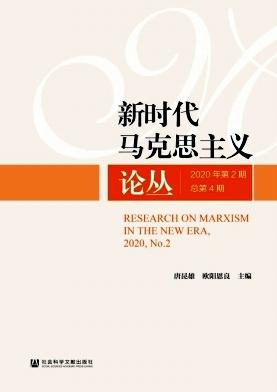The effect of the argument-driven inquiry (ADI) based on science, environment, technology, and society (SETS) to students’ concept understanding and scientific argument skill in buffer solution learning: Studied from cognitive style
引用次数: 1
Abstract
The purpose of this study was to describe the effect of ADI-based SETS on students’ conceptual understanding and scientific argumentation skills learned from different cognitive styles in buffer solution learning. The design used in this study was a quasi-experimental post-test only control group with a non-equivalent design of the factorial version (2 x 2). The subject consists of two classes involving 55 high school students. Concept understanding was measured using 18 items about the selection of multiple (r = 0.818), while the skills of argumentation scientifically was measured with 5 grains problem description (r = 0.807). To test the hypothesis, a two-way ANOVA was used. The results showed that the ADI based SETS model had a positive impact on improving students’ conceptual understanding and argumentation skills. The average experimental class ADI based on SETS was greater than the ADI control class. From a cognitive style perspective, it appears that students with reflective cognitive styles were higher in concept understanding and scientific argument skills than impulsive cognitive styles in all classes.基于科学、环境、技术和社会的论证驱动型探究(ADI)对缓冲解决方案学习中学生概念理解和科学论证技能的影响:基于认知风格的研究
本研究的目的是描述基于adi的set对缓冲解决方案学习中不同认知风格的学生概念理解和科学论证技能的影响。本研究中使用的设计是一个准实验后验对照组,具有非等效的析因设计(2 x 2)。受试者包括两个班级,涉及55名高中生。概念理解以18项多项选择来衡量(r = 0.818),科学论证能力以5项问题描述来衡量(r = 0.807)。为了检验假设,采用了双向方差分析。结果表明,基于ADI的SETS模型对提高学生的概念理解和论证能力有积极的影响。基于SETS的实验班平均ADI大于对照组。从认知风格的角度来看,反思性认知风格的学生在所有课堂上的概念理解和科学论证技能都高于冲动性认知风格的学生。
本文章由计算机程序翻译,如有差异,请以英文原文为准。
求助全文
约1分钟内获得全文
求助全文

 求助内容:
求助内容: 应助结果提醒方式:
应助结果提醒方式:


